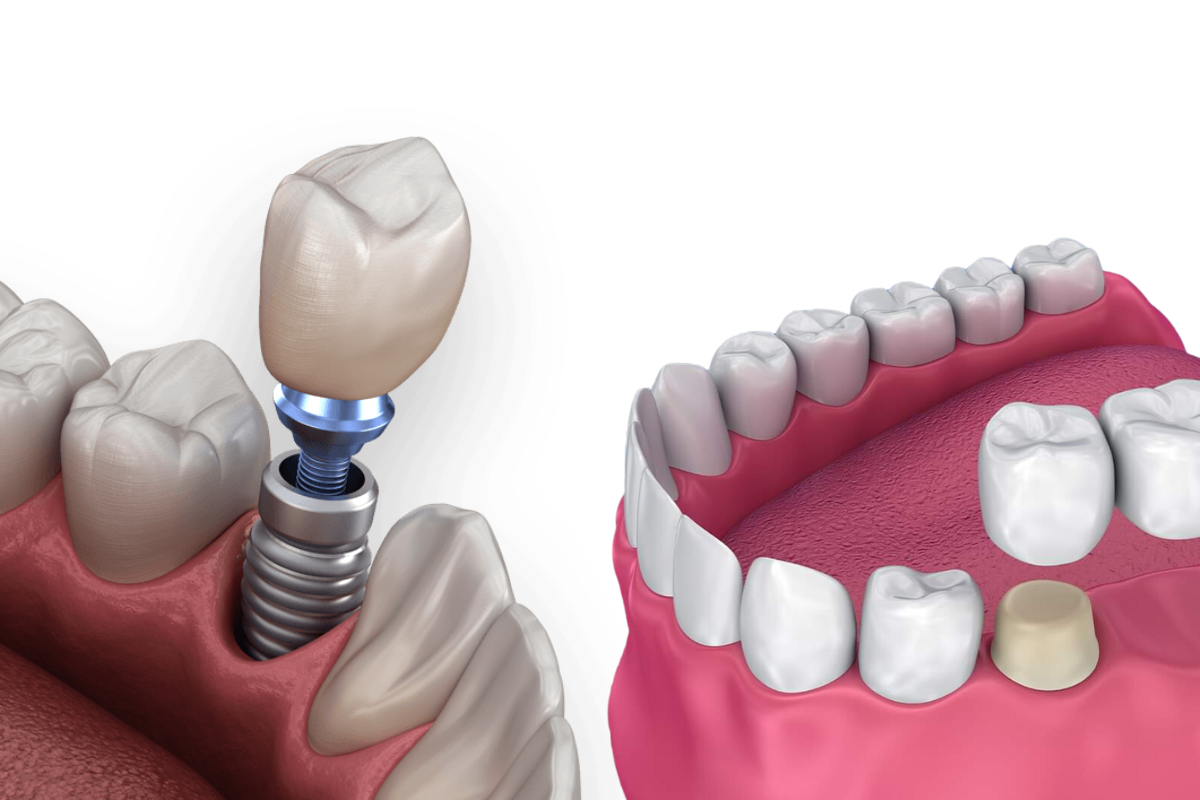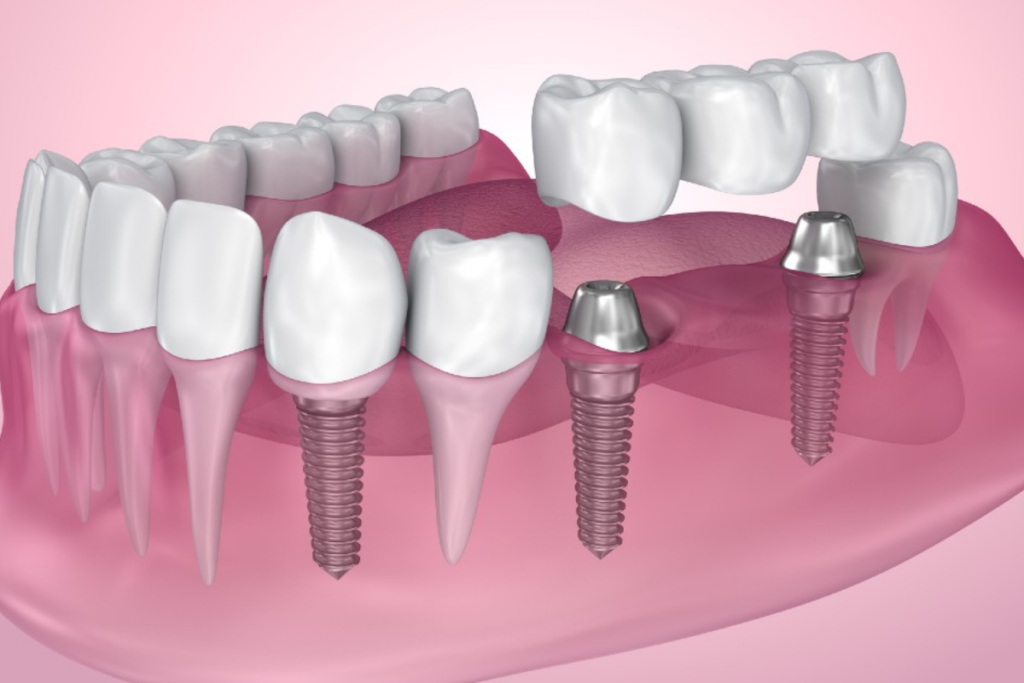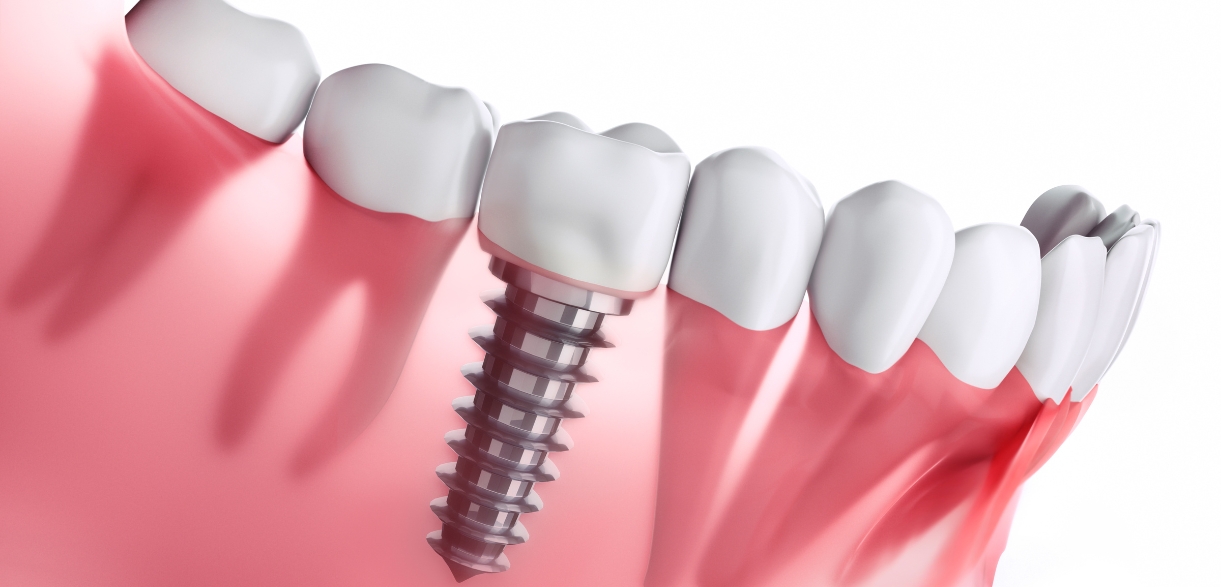Brentwood: (615) 235-1966

Dental Implants vs. Bridges: Which Is the Better Choice?
Brentwood, TN

When it comes to replacing missing teeth, you might find yourself torn between dental implants and bridges. Both options promise to restore your smile and function, but they come with distinct advantages and challenges. Dental implants, with their innovative design, offer a solution that mimics the natural tooth’s look and feel. On the other hand, bridges provide a more traditional approach, often with a faster and less invasive procedure. Deciding between these two choices can be overwhelming, but understanding their differences is key to making an informed decision. Dive into this blog to discover which option might be the best fit for you and what factors to consider in your decision-making process.
Understanding Dental Implants
Dental implants are a popular solution for replacing missing teeth. They consist of a titanium post that is surgically placed into the jawbone. This post acts as a replacement root for a missing tooth and supports a crown that mimics the appearance and function of a natural tooth. The process involves several stages, including implantation, healing, and placement of the permanent crown.
One of the main advantages of dental implants is their durability. They are designed to last many years, often with proper care lasting a lifetime. Implants also help to preserve the jawbone structure. When a tooth is lost, the underlying bone can start to deteriorate. Implants stimulate the bone, helping to maintain its density and shape.

Furthermore, implants are highly functional. They allow for a more natural chewing experience compared to traditional bridges. Implants do not require modification of adjacent healthy teeth, which preserves the integrity of your natural teeth.
Exploring Dental Bridges
Dental bridges are another common method for replacing missing teeth. A bridge involves creating a false tooth, called a pontic, which is anchored in place by crowns on the adjacent natural teeth. This method can be quicker and less invasive compared to implants.

One advantage of bridges is that they typically require a shorter treatment time. After the initial preparation, the process to place a bridge can be completed in a few visits to your dentist. Bridges also tend to be less expensive than implants, making them a more budget-friendly option for some people.
However, bridges have their limitations. They rely on the adjacent teeth for support, which means those teeth need to be reshaped and crowned. This can potentially weaken those healthy teeth over time. Bridges also do not address bone loss, as they do not stimulate the jawbone in the same way that implants do.
Comparing Longevity and Durability
When comparing the longevity of dental implants and bridges, implants generally have the edge. Implants can last for decades, sometimes a lifetime, with proper care. They are less prone to decay and do not require replacement as often as bridges might.
Bridges, on the other hand, usually need to be replaced every 5 to 15 years. The crowns and pontics can wear out or become loose over time. This often requires additional procedures and cost for replacement.
While bridges can be a good temporary solution, their longevity is often shorter compared to implants. This is an important consideration if you are looking for a long-term solution to missing teeth.
Examining the Procedure and Recovery Time
The procedure for dental implants involves multiple stages and can take several months to complete. This includes the initial surgery, a healing period where the implant fuses with the bone, and then the placement of the crown. Recovery from implant surgery may involve some discomfort and swelling, but this usually subsides within a few days.
In contrast, dental bridges typically have a shorter recovery time. The procedure is less invasive, with fewer stages. Most people experience minimal discomfort, and the recovery period is usually quicker.
However, the process of preparing the adjacent teeth for a bridge can sometimes cause temporary sensitivity. This usually resolves after the bridge is placed and the area adjusts.
Considering Aesthetic Outcomes
Both dental implants and bridges offer aesthetic benefits, but implants tend to be more favorable in the long run. Implants are designed to look and function like natural teeth, and they integrate with the jawbone, providing a stable and realistic appearance.
Bridges also look natural, but they depend on the surrounding teeth for support. If those teeth are not perfectly aligned or healthy, it can affect the appearance and fit of the bridge. Over time, changes in the jawbone or surrounding teeth can impact the aesthetics of a bridge.
Cost Considerations
Cost is a significant factor for many people when choosing between dental implants and bridges. Generally, dental implants have a higher initial cost compared to bridges. This is due to the complexity of the procedure and the materials used.
However, considering the long-term benefits and durability of implants, they can be more cost-effective over time. Bridges, while less expensive upfront, may require replacement more frequently, adding to the overall cost.
Making the Decision
Choosing between dental implants and bridges depends on various factors, including your oral health, budget, and personal preferences. Consulting with a qualified dentist is crucial in making an informed decision. They can evaluate your specific needs and recommend the best solution based on your situation.
A reputable Dentist Brentwood can help guide you through the decision-making process, ensuring you understand the benefits and limitations of each option. Whether you opt for implants or bridges, professional advice and care are essential for achieving the best results.
Dental implants and bridges both offer effective solutions for replacing missing teeth, but they cater to different needs and preferences. Implants provide a long-lasting, durable option with benefits for jawbone health, while bridges offer a quicker, less invasive solution.
For those seeking a lasting replacement that supports jawbone health, dental implants are an excellent choice. If you’re considering dental implants or bridges, consult with a trusted dentist to explore your options. Your choice will ultimately depend on your unique needs and goals. For residents of Brentwood, a visit to a Dental office can help you make the best choice for your dental health.
Whether you choose implants or bridges, ensuring you receive high-quality care will help you achieve a confident and functional smile. If you’re interested in exploring dental implants further, contact a professional to discuss how a Dental Implant Brentwood might benefit you.





